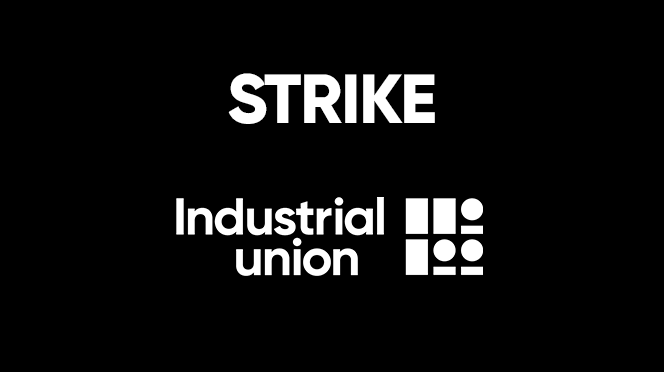The Industrial Union issued new strike warnings to the technology and chemical industries – the strikes would be due to begin on 10 February
Today, 24 January, the Industrial Union has issued new strike warnings to the technology and chemical industries. If implemented, the company-specific strikes would last for five days, starting on Monday, 10 February.
Strike warnings are part of organisational efforts by the Industrial Union to speed up the achievement of contract solutions for the technology and chemical industry workers.
The Industrial Union has previously announced that it has submitted two strike warnings for six-day industrial action. The first notice applied to the industrial action beginning on Monday, 27 January, and the second notice was submitted regarding industrial action to begin on Monday, 3 February. Several member trade unions of the Central Organisation of Finnish Trade Unions (SAK) have announced their solidarity industrial action to boost Industrial Union collective bargaining.
According to Riku Aalto, President of the Industrial Union, organisational measures are necessary to speed up negotiations. Collective agreement negotiations involving both technology and chemical industry workers have already been underway for several months.
“For the technology industry workers’ agreement alone, we have now met with the conciliator already thirteen times. Our goal is to reach agreements as quickly as possible to achieve industrial peace in the affected sectors and to allow the workplaces to focus on what matters,” Aalto says.
Negotiations should focus on the best solution for the industry
“During the autumn and winter, the Industrial Union has already negotiated over thirty company-specific collective agreements, the cost impact of which is close to our negotiation target. These agreements apply to export companies and have widely taken into account the effects on competitiveness. I think it’s astonishing that the employers’ associations think our negotiation target puts competitiveness at risk when the companies themselves do not share this opinion. The fact that agreements are reached all the time without any industrial disputes, just proves the point,” Aalto points out.
The Industrial Union has previously announced that its goal for the collective agreement negotiations is to secure a 10% pay rise for workers. This figure is needed to boost workers’ purchasing power in a climate where the cost of living has risen sharply in the last couple of years.
“We are negotiating collective agreements for our members, not centralised wage settlements. I want to emphasise that this is about finding the right solution for the industry. The pay increase level must be determined according to the requirements of the export industry,” Aalto continues.
Duration and locations of industrial action
Company-specific strike warnings have been issued to 60 businesses in the technology and chemical industries.
The businesses in question employ approximately 8,000 people between them. Company-specific walkouts would be scheduled to begin on 10 February 2025 and end on 14 February 2025.
The walkouts do not apply to emergency work or work necessary to protect life and health.
The collective agreement for the technology industry workers expired on 30 November 2024 and the collective agreements for the chemical industry on 31 December 2024.
More detailed information about the industrial action as well as the affected locations and businesses can be found on the Industrial Union’s website by following this link.

